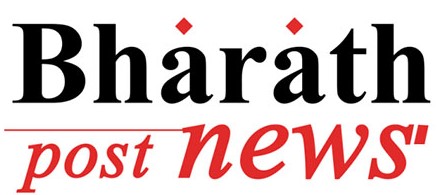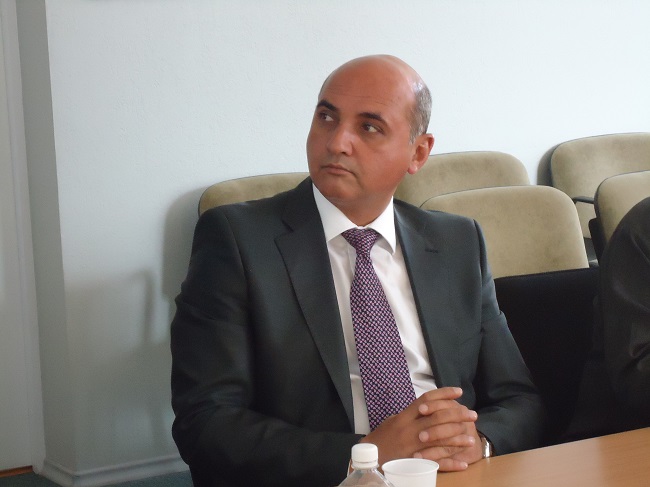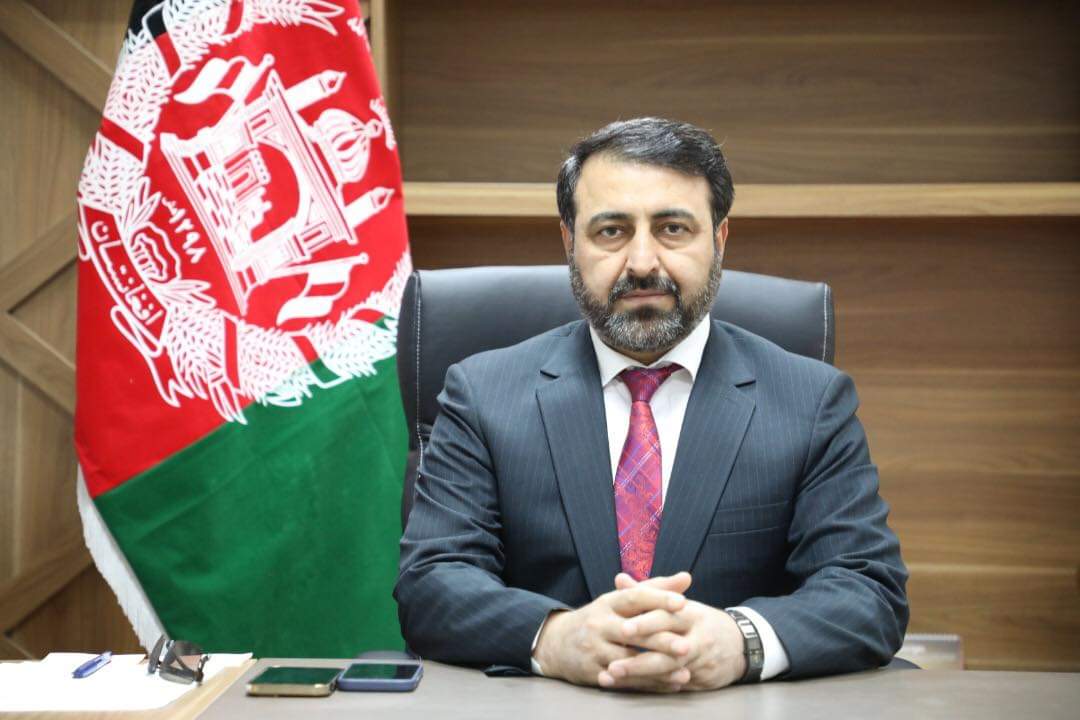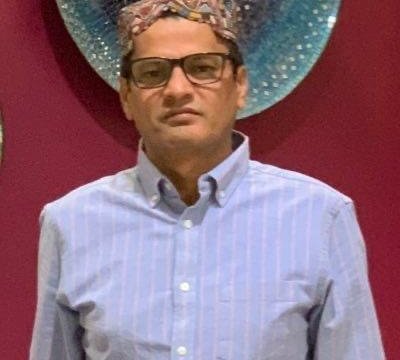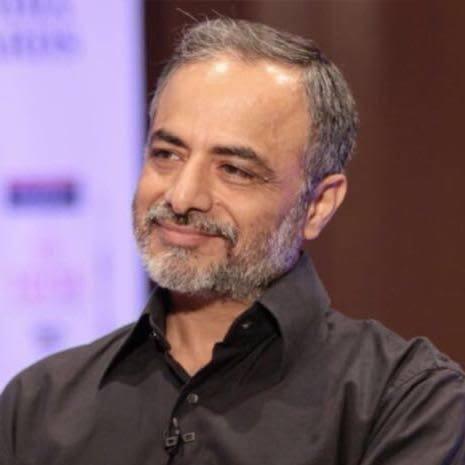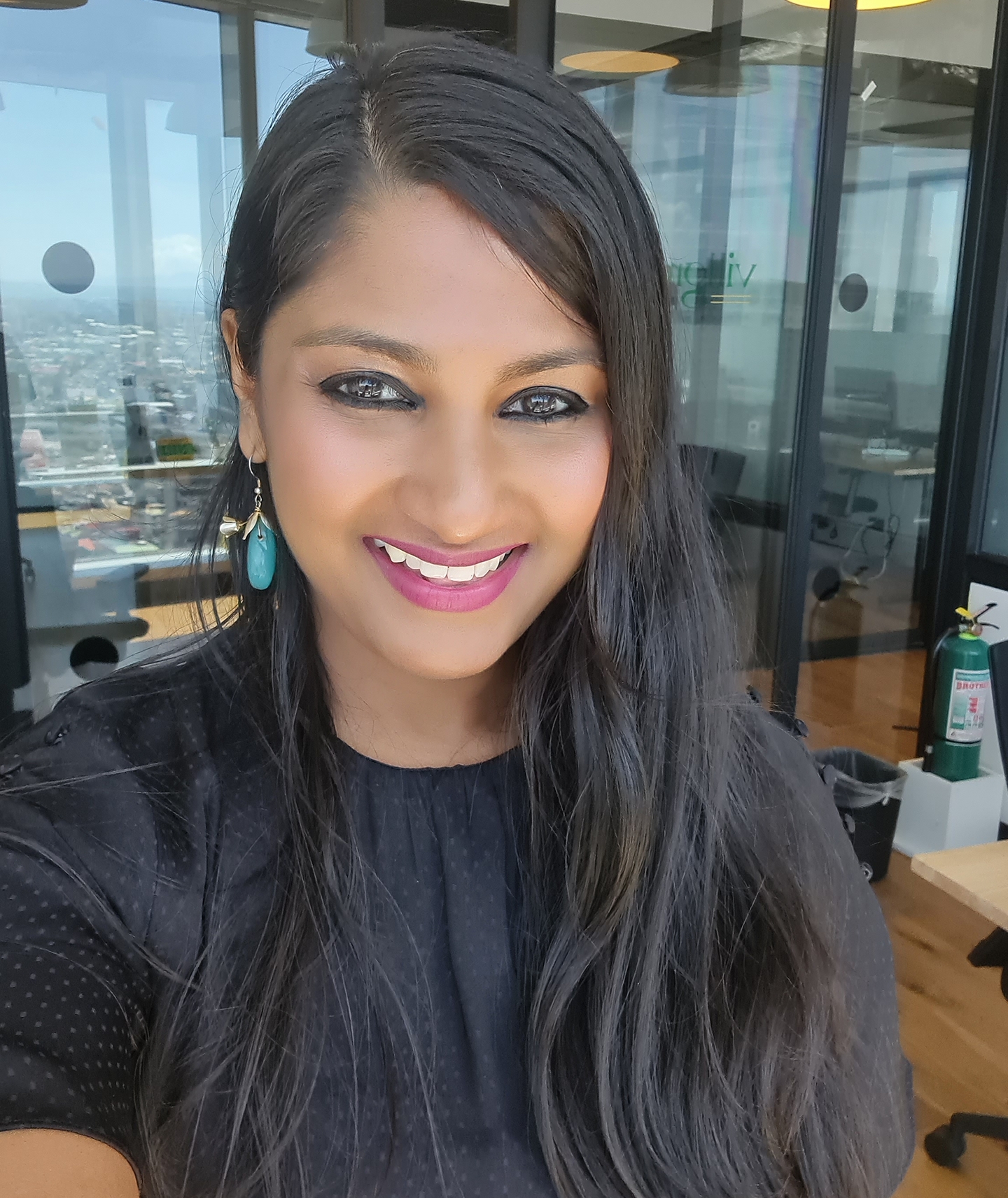
Villgro Philippines is an impact-first incubator that funds, supports ,mentors and nurtures early stage enterprises that are building into innovative solutions to transform the lives of the poor. The organisation is for market based models to solve urgent social and environmental challenges. Priya Thachadi who is from Kerala and niece of one of the most popular and powerful Congress leader’s of the state,Thachadi Prabhakaran is heading the international organisation as its Co-founder and CEO.
Priya speaks to Bharatpost.news in an exclusive interview.
Q: What are the major activities of Villgro Philippines?
Villgro Philippines is an impact-first Incubator that funds, mentors and nurtures early stage enterprises that are building innovative solutions to transform the lives of the poor. We believe in the power of market-based models to solve urgent social and environmental challenges. Villgro Philippines is the network part of Villgro India, which is India’s oldest and the world’s largest social enterprise Incubator. Villgro Philippines is proud to be women-owned and led. And our mission is to be the most progressive gender smart Incubator. So simply put, if you are a social enterprise focused on solving an urgent social problem, and you starting out on your journey, come to us and we will work with you to achieve your vision and succeed. Right now, we are supporting 38 Entrepreneurs solving affordable healthcare, climate crisis, and women empowerment in Southeast Asia.
Q: Do you promote self help groups under Villgro?
We are focused on supporting social enterprises that are using a market based model. That means we are looking for models that can scale up – that can go from impacting the lives of 10s to 100s to millions of people. We believe that using a market-based model, that is combining business and impact – both generating profits and at the same time creating social or environmental impact, are both equally important. Our work in India over the last 20 years and the 300+ enterprises we have supported have demonstrated that it is possible. Now, we are taking this model to Africa and Southeast Asia. In the Philippines, my team does support community-based enterprises in agriculture. I would say that as we are looking at scale, so many enterprises are startups. But we will never say no to any type of enterprise if the business model has potential to scale up and impact lives.
Q: Is your organisation actively working among women?
Villgro Philippines is women owned and led and we apply a gender lens across the company. In 2020, we set out on an ambitious goal to become a gender smart Incubator – to become actively a gender equality champion. So now we hold ourselves accountable to this goal. We launched the first accelerator program for women entrepreneurs in the Philippines, WE Rise and are supporting 20 women entrepreneurs. WE Rise was one of 800 projects selected by the Advancing Women Empowerment Fund by ANDE, Visa Foundation and USAID. We are now expanding our work from the accelerator to building a WE Rise platform to connect women entrepreneurs to capital partners, technical assistance and training on investment readiness. And we are just getting started. Our gender work has been widely acknowledged and I was recently recognized as a Youth Gender Champion by WEPs (Women Empowerment Principles) Award by UN Women Asia Pacific. This has encouraged my young team to deepen our work with women. I believe we are only getting started.
Q: As an Indian ,how were you able to connect with the ethnic people of Philippines?
Filipino people are among the world’s most warm and welcoming. So I did not have any challenges that you would expect in a new country. I set out on my journey to set up Villgro in the Philippines, almost 4 years ago. And I spent a whole year immersing myself in the ecosystem, in the country. I travelled around the country, both the cities and rural areas, met Entrepreneurs everywhere and Entrepreneur support organizations. I did more than 400 meetings in a span of 6 months and joined as a judge to startup competitions even in some very remote parts of the country. This allowed to me understand the culture, the aspirations of the wonderful Filipino people better and most importantly the state of the Entrepreneurial ecosystem. And that really helped me design a model for Villgro Philippines to bridge the gaps in the ecosystem. Have to say, I am still on that learning journey.
Q: People of Philippines are actively connected with people from Kerala through middle east, do you find any cultural linkage between the two societies?
This is one the first things that struck me. Every time I jumped into a cab or went to a shop, people would be very curious to find out if I am from India. And then almost each time, they told me they had a friend from India, and specifically from Kerala, who they had worked with in the Miiddle East. And it really shows us that no matter which country we are from, the one thing that binds us as humanity is that – every person aspires to build a life of dignity, every one dreams on building a better future for their kids. That resilience and commitment to building a better future for their families even if it means sacrificing the opportunity to watch your kids grow up and be separated from your loved ones – that is what I find as a common thread between the both the Filipino and Malayali communities. And of course, there is that undeniable true love for good food that both communities share!
Q: There are several international agencies and local government agencies supporting the deprived and discarded, How your organisation fitting into this scheme of things?
The ecosystem needs many players and each one has a different and complementary role to play. Social enterprise and impact investment are relatively newer models than traditional way of doing social development. Hence, the best role that government can play is to be an enabler, create the environment for social businesses and startups to thrive. Government and local government agencies have a phenomenal role to play in encouraging citizens to become Entrepreneurs, especially to solve social and environmental problems. It’s not something government can solve alone. International agencies and other philanthropic organizations can provide support to the building blocks for a vibrant social enterprise ecosystem from funding to technical assistance. There is great opportunity to collaborate with the private sector and players like Villgro. It takes a village to help a startup succeed and we should all work closely together and build a continuum of support for social enterprises as they grow from an idea to a mature business.
Q: You have an illustrious background being the neice of one of the most popular ,powerful and flamboyant politicians of Kerala. Do you have it in your blood while working among the poor and deprived?
When you grow up in a home of grassroot politicians, the values of serving those who are less fortunate is instilled in you at an early age. I was lucky to have the experience of understanding social and economic challenges of everyday families as they came to speak with to my Pappa every morning. I have never thought of having any other career than one where I can contribute to transforming the lives of the poor and marginalized. I don’t think I can ever be in any other line of work. It’s what I jump out of bed every morning for. It’s what drives me. And I hope I will be able to continue to find ways to create social impact.
8: Please tell us about your background ?
I grew up in a small town in Kerala. Though I was very privileged to get a good education. Most Importantly, my family has always taught me that as a woman I can pursue any path I want. So after graduating in financial accounting and business, I shifted to journalism. I worked with a startup afternoon daily called Bangalore Bias which reported on urban development issues primarily. I got an opportunity to study politics and international development at the University of Warwick in th UK. Afterwards, I returned to India to work in public policy with PRS Legislative Research. I led India’s first legislative assistant Fellowship called LAMP – Legislative Assistants to Members of Parliament. But after a few years in advising policy makers, I was frustrated by the slowness of policy changes. (Let’s call it the impatience of youth.) So I began to look for other paths to creating social change. That’s when I found Villgro and the social enterprise sector. I was wowed by the idea of business and social impact combined and the potential it had to create change at scale.
Q: Recently you were seeing paying your respects to late Thachadi Prabhakaran your uncle who was the finance minister of Kerala as well as one of the most powerful orators and organizer in state politics, any possibility of entering into politics in your home state?
Thank you for remembering him so fondly. He is the single biggest influence in my life. Ever since I was 3 years old, I joined him every morning as he met with his constituents. I would wait with people as they waited for him to arrive into our office room. It would be impossible to get me to leave and go to school. I watched him deal with people’s problems with compassion, assertiveness and strength. Often, I would hang out during party meetings and listen to what all the men in khadi would say, and every chance I got, I would go listen to his speeches. My favourite moment was when he would pass by during election rallies in those open jeeps with the announcers saying Thachadi Prabhakaran zindabad. When you grow up in the midst of that, you can never imagine doing anything else with your life. But then you grow up and realize how difficult it is to navigate politics, especially for young women. Every time I participated in election rallies or party events, the number of women are shockingly miniscule even in Kerala. I was not certain that there is a place for a progressive young Indian woman like me in that Congress party or any politics of today. So, I pursued a different path to social service. Right now, I am building my career in the social enterprise sector where my work is making a difference and impacting millions of lives and I have a platform for my voice to be heard as a young woman. So that’s what I am focused on. But politics will always be my one and only true love. The kind of lasting positive transformation you can bring to a society, to an economy is tremendous like Thachadi Prabhakaran and his brother Thachadi Soman has shown. So, maybe when the time is right for a change in the status quo, one may have to reconsider. Let’s just say, never say never.




